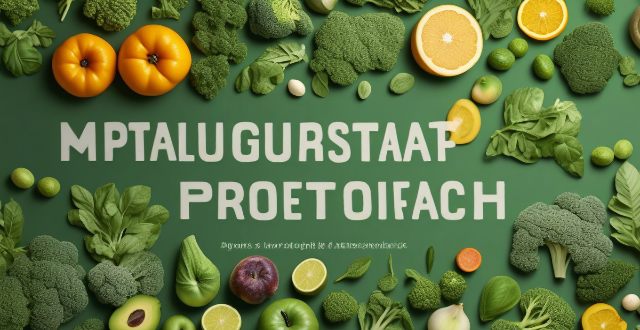The text discusses a multi-faceted approach to promote sustainable development, tackle climate change and poverty. It suggests strategies such as renewable energy adoption, green economy and job creation, circular economy and resource efficiency, sustainable agriculture and food systems, conservation and protection of natural resources, and inclusive governance and partnerships. By implementing these strategies, we can work towards creating a more equitable and sustainable future for all.

Promoting Sustainable Development, Tackling Climate Change and Poverty: A Multi-Pronged Approach
Introduction
Sustainable development, climate change, and poverty are interconnected challenges that require a multi-faceted approach to address effectively. To promote sustainable development while tackling climate change and poverty, we need to consider the following strategies:
1. Renewable Energy Adoption
- Transitioning to Clean Energy Sources: Encourage the adoption of renewable energy sources such as solar, wind, and hydroelectric power to reduce greenhouse gas emissions and dependence on fossil fuels.
- Energy Efficiency Measures: Implement energy efficiency measures in industries, transportation, and buildings to reduce energy consumption and associated costs.
2. Green Economy and Job Creation
- Investment in Green Infrastructure: Invest in green infrastructure projects like public transportation, bike lanes, and urban green spaces to create jobs and improve quality of life.
- Training and Education Programs: Develop training and education programs focused on green technologies and sustainable practices to prepare the workforce for emerging job opportunities in the green economy.
3. Circular Economy and Resource Efficiency
- Promoting Resource Efficiency: Encourage businesses and consumers to adopt resource-efficient practices, such as recycling, reusing, and reducing waste.
- Supporting Circular Economy Models: Support innovative business models that prioritize the reuse and recycling of materials, minimizing waste and conserving resources.
4. Sustainable Agriculture and Food Systems
- Promoting Sustainable Farming Practices: Encourage the adoption of sustainable farming practices that minimize environmental impact, preserve soil health, and maintain biodiversity.
- Improving Access to Nutritious Food: Improve access to nutritious food by supporting local farmers' markets, community gardens, and other initiatives that increase food security and nutrition among vulnerable populations.
5. Conservation and Protection of Natural Resources
- Protecting Ecosystems and Biodiversity: Protect ecosystems and biodiversity by establishing protected areas, implementing conservation policies, and promoting sustainable land use practices.
- Promoting Responsible Tourism: Promote responsible tourism practices that minimize environmental impact and support local communities, ensuring long-term sustainability of natural resources.
6. Inclusive Governance and Partnerships
- Collaborative Governance Structures: Foster collaborative governance structures that engage all stakeholders, including governments, civil society organizations, private sector actors, and affected communities, in decision-making processes related to sustainable development.
- International Cooperation and Financing: Strengthen international cooperation through mechanisms like the United Nations Framework Convention on Climate Change (UNFCCC) and global financing initiatives aimed at supporting sustainable development projects in developing countries.
Conclusion
Addressing sustainable development, climate change, and poverty simultaneously requires a comprehensive approach that encompasses various sectors and stakeholders. By implementing these strategies, we can work towards creating a more equitable and sustainable future for all.